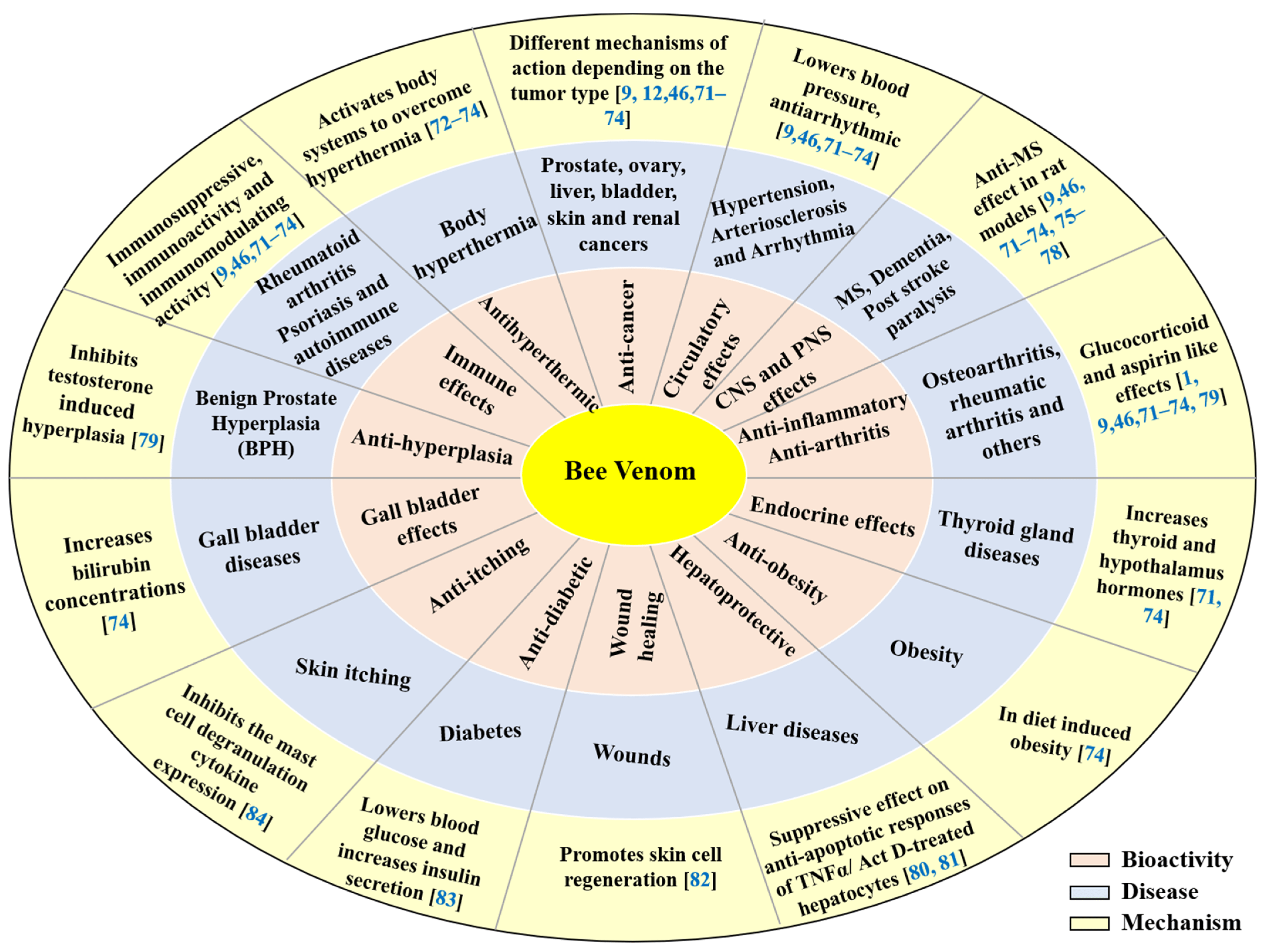Bee Venom Clinical Trials
Bee venom clinical trials play a crucial role in evaluating the safety and effectiveness of treatments derived from bee venom. Researchers conduct these trials to explore its potential in managing conditions such as arthritis, multiple sclerosis, and chronic pain. Each trial follows a structured process to ensure reliable results and participant safety.
Steps in a Bee Venom Clinical Trial
Study Planning
Researchers first create a detailed study plan, known as a protocol. This document outlines the trial’s objectives, methodology, participant selection criteria, and safety measures.
- Participant Recruitment: After finalizing the study design, researchers begin recruiting participants who meet specific health and demographic criteria. Each participant undergoes screening to confirm eligibility, ensuring accurate and trustworthy results.
- Treatment Administration: Once selected, participants receive bee venom treatment in a controlled setting. Depending on the study’s design, this may involve injections, acupuncture therapy, or topical applications.
- Health Monitoring & Data Collection: Throughout the trial, researchers closely track participants’ responses, noting any improvements or side effects. Frequent health assessments help determine the treatment’s effectiveness and potential risks.
- Data Analysis & Results: After gathering sufficient data, scientists analyze the findings to assess the treatment’s success. They compare results between those receiving bee venom and those in the control group.
- Scientific Publication & Review: Finally, researchers publish the study findings in scientific journals. This allows other medical professionals to evaluate the results, explore further applications, and conduct additional research.
Ethical Considerations in Clinical Trials
Since participant safety remains a top priority, all clinical trials must follow strict ethical guidelines. Researchers obtain informed consent, maintain transparency, and adhere to regulatory standards to ensure the study’s integrity.
Conclusion
Bee venom clinical trials are essential in uncovering new medical applications while ensuring patient well-being. With ongoing research, bee venom could become a valuable tool in alternative medicine. However, further studies remain necessary to confirm its long-term benefits and risks.








Leave A Comment